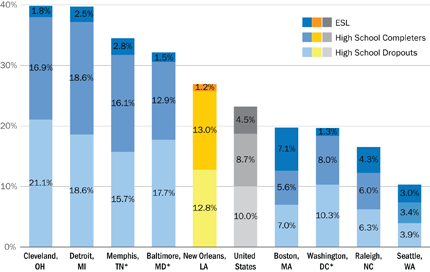How To Trade The Overbought And Oversold Commodity Channel Index Like A Professional?
The recent economic current events within the international monetary markets has prompted a response that is both too late to avert the disaster and does not handle the basis causes of the problem, which is egocentric and greedy behaviour of people who find themselves not held accountable for his or her actions. Every time unhealthy economic news would come out, stocks would leap larger. Except for the overall downturn in funding exercise, recessions—and particularly ones that involve a credit crunch as the present one does—can hamper small enterprise formation and entrepreneurial exercise.
To trade Foreign exchange through basic analysis, it’s a must to verify how economies over the world are doing based on their macroeconomics knowledge (such as GDP, employment, consumption information, inflation…), watching carefully the countries of the currencies you’re buying and selling the most.
Like all rental properties, you’re depending on the cycle of job progress and the local humps and bumps of the financial cycle; make sure that your rental income is generating a major money move even at low ranges of occupancy, as a result of economic news and job creation and loss, just like the tides, will ebb and move, and so they’re your bread and butter indicator for how to plan with your investment.
Buying and selling the indications as an alternative of the price is one main cause of consistent losing trades. Throughout the Western New York area employment progress continues, though at rates substantially decrease than those occurring throughout the rest of the US..jpg)
In line with a current report by the U.S. Small Business Administration (SBA 2009): The credit freeze in the quick-term funding market had a devastating effect on the economic system and small companies. We advocate for shorter than regular bond portfolio maturities as a result of minimal compensation for extending maturities, along with our expectation for increased rates (bond costs transfer inversely to yields).